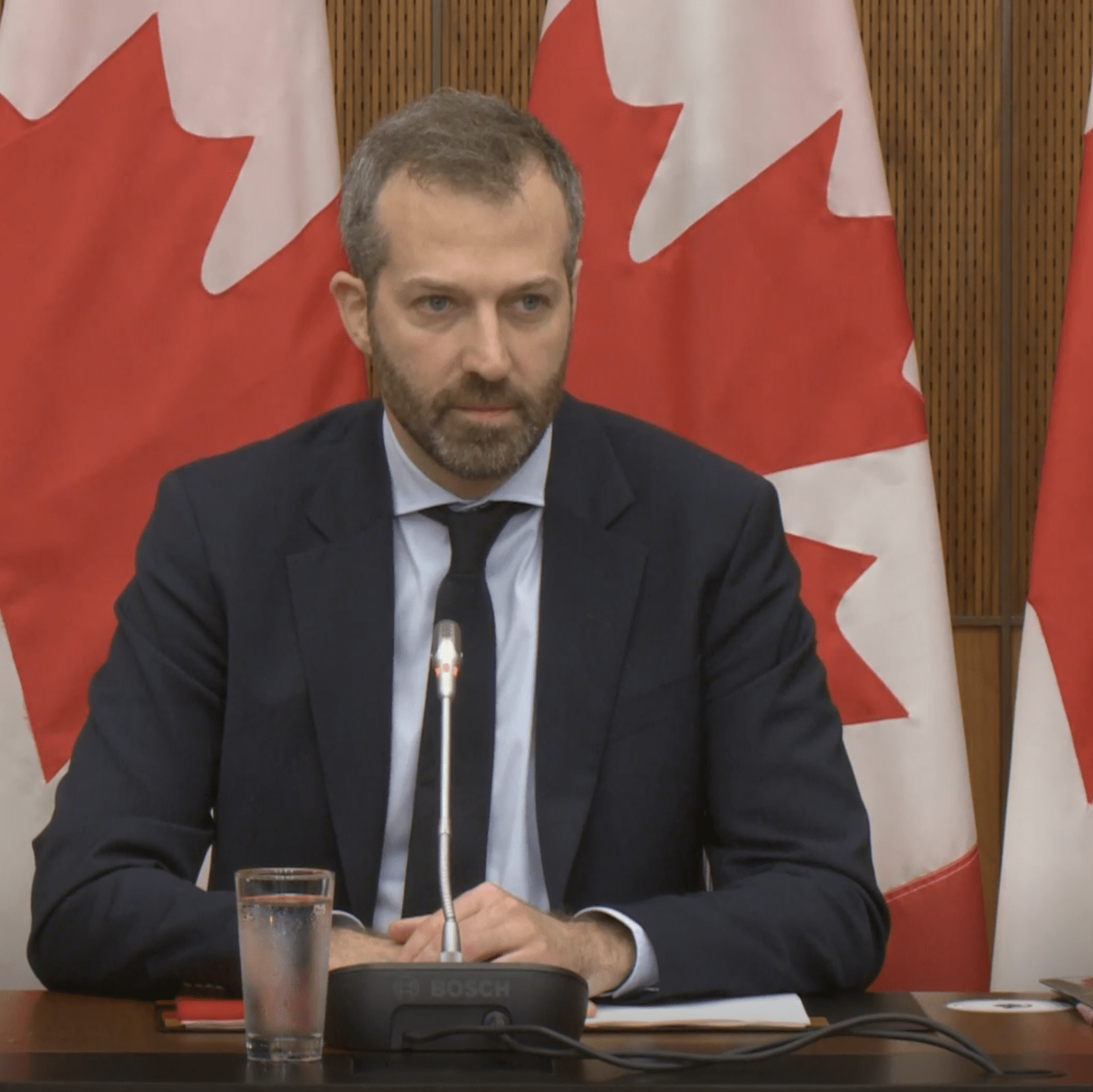Mail delivery on hold across Canada as postal strike resumes
Ruby Pratka, Local Journalism Initiative reporter
editor@qctonline.com
Canadians will have to do without mail delivery until further notice. The Canadian Union of Postal Workers (CUPW) declared an indefinite general strike on Sept. 25.
CUPW members have been without a collective agreement since August 2024, and first walked off the job in November of that year. At the height of the holiday shopping season, then-labour minister Steven MacKinnon referred the dispute to the Canadian Industrial Relations Board (CIRB), which ruled that the two parties were at an impasse. Postal workers were ordered back to work on Dec. 17, and continued work until May 22 under the existing agreement, while negotiations went on with the aid of a mediator. When that deadline passed, as negotiations ground on, the union declared an overtime strike, but continued daily mail delivery.
That tenuous stopgap arrangement came to an abrupt end on Sept. 25, shortly after Minister for Public Services and Procurement Joël Lightbound announced the federal government’s restructuring plan for Canada Post.
The plan Lightbound laid out, based on recommendations from CIRB negotiator William Kaplan, included the end of daily mail delivery, the phasing out of almost all door-to-door delivery in favour of community mailboxes over the next decade, lifting a 30-year-old moratorium on the closure of rural post offices, raising the cost of stamps, asking Canada Post Corporation (CPC) to “take another look” at its management structure and conducting a detailed review of the corporation’s activities to identify where costs can be cut and activities adapted. “I’m instructing Canada Post to come back with a plan that will ensure protection for [services in] rural, remote and Indigenous communities,” he added. “Canada Post has an obligation to serve every community in Canada, and that will not change.”
Within hours of Lightbound’s announcement, CUPW locals in Atlantic Canada declared a general strike, followed by locals in the rest of the country. In a statement, CUPW national president Jan Simpson called Lightbound’s plan “an outrage.”
Simpson accused Lightbound of springing the plan on postal workers with insufficient advance notice and dodging questions about potential job losses. “This slapdash approach without full public consultation is an insult to the public and to postal workers,” she said.
In a statement, CPC warned Canadians to expect delivery delays, noting that an essential services agreement was in place to ensure delivery of social assistance cheques and live animals.
“We’re disappointed that the union chose to escalate their strike activity, which will further deteriorate Canada Post’s financial situation,” the corporation said.
Stéphane Genest is the president of CUPW local 370, which represents postal workers in the greater Quebec City region, Beauce, Charlevoix and Chaudière-Appalaches. He told the QCT the announcement of a new strike came as a total surprise to local mail carriers. Members “are very disappointed, but I don’t know if we could have done things any differently.” Genest said he hoped the government and CPC would take the opportunity to expand CPC’s operations into new sectors – such as banking – instead of cutting services. “We’re not blind, we know letter mail volumes are going down … but we have the impression that [CPC and the government] want to go toward privatization instead of finding solutions.” Genest said that in his 22 years as a mail carrier, there has never been a negotiated collective agreement between CUPW and CPC. “The last signed agreement is from the 1990s. Since then, Canada Post has always gone crying to the government [for arbitration],” he said. “I’m impatient to see their response to the strike.”
Lightbound, who represents the Quebec City riding of Louis- Hébert in Parliament, did not respond to a request for further comment from the QCT by press time; nor did CPC.

